How Social Media Shaped the Black Lives Matter Movement
July 20, 2020
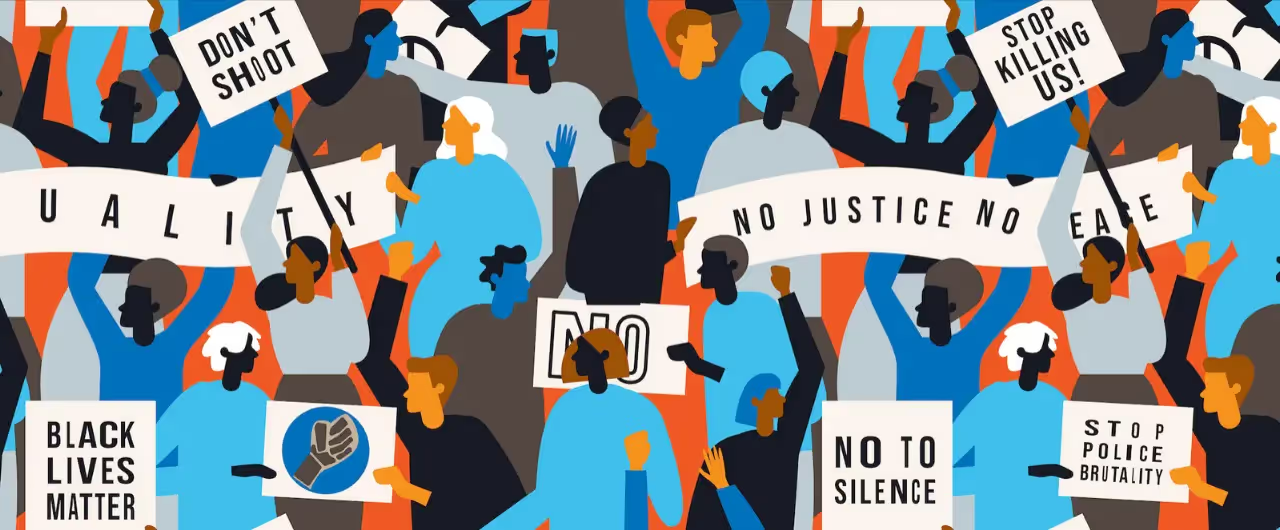
Content Warning: this article discusses the murder of people which has incited and inspired spikes in the popularity of the Black Lives Matter movement.
Many of us believe that 2020 will go down as a pivotal year in history. Whether we’re talking about the global pandemic, the United States’ presidential election, or a steep decline in JK Rowling’s popularity. However, if 2020 is going to be remembered for anything positive, let’s hope that it will be the year where the Black Lives Matter movement really made a positive turning point in society’s perception of race.
Let’s hope.
Although 2020 is arguably home to BLM’s biggest spike in popularity so far, the movement can be traced back to 2013, when Trayvon Martin was fatally shot by George Zimmerman, sparking outrage when Zimmerman was acquitted of Martin’s murder. The flame was lit, as can be seen by the first mentions of “#BlackLivesMatter” across social media platforms during this time.
The flames were fanned, however, a year later with the death of unarmed teenager Michael Brown. The movement took to the streets, and BLM made their first face-to-face confrontations with the police. Although the movement had a physical presence now, it had already been building via the internet for over a year. As we look at how Black Lives Matter has transcended borders worldwide, we cannot ignore that much of this is thanks to their presence across social media platforms.
The movement spikes: pinpointing the growth
Four years ago, on Twitter’s tenth anniversary, the platform reported that #BlackLivesMatter was the third most used social-issue hashtag in tweets. Following the tragic murder of twelve year-old Tamir Rice after he was playing with a toy gun in a park, the movement experienced its first major spike: over seventeen times as much traffic as previous spikes. It seems that with every tragedy, the movement is gaining traction. And the victims that have inspired and encouraged the movement to grow are the ones who take the very forefront of the movement. This perhaps could not be said in a traditional movement where we would be led by the organisers through rhetoric instead of through posts, anonymous or otherwise, across social media.
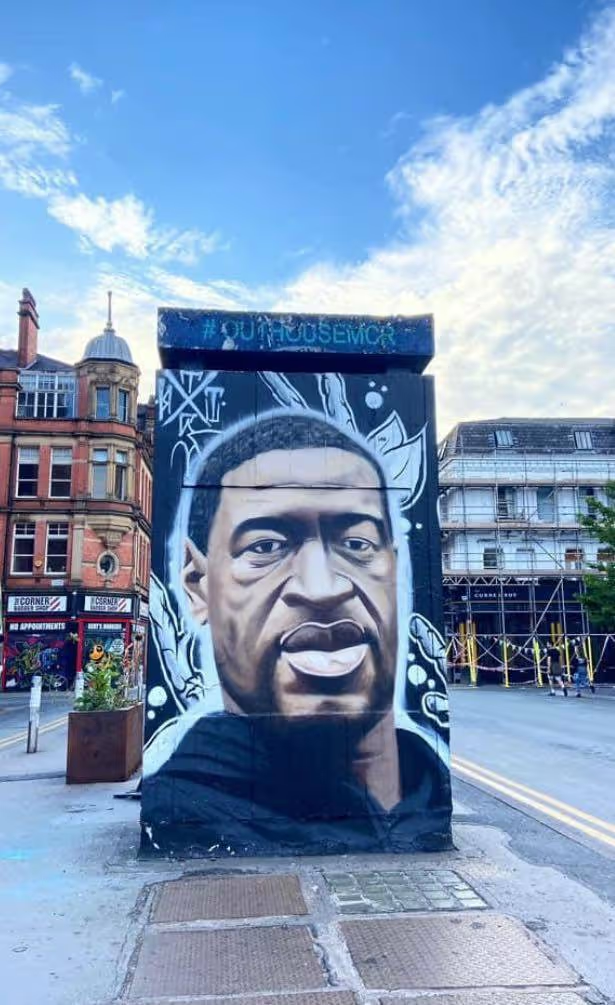
George Floyd’s death was what turned BLM into the global phenomenon that encapsulated us all in 2020, and it started waves of protests across the world. A movement that had previously only affected big cities in the United States quickly became prominent in the heart of towns and cities around the globe, including dmt’s home city of Manchester. Small towns, even predominantly white communities, joined in and helped shape a phenomenon the likes of which had never been seen before in their communities until today. It may have been many years too late, but finally voices were being heard and amplified, and it has to be said that social media helped amplify those voices for the better.
It’s hard to have ignored Blackout Tuesday, the wave of silence across Instagram where allies were encouraged to make space for unheard BAME (Black, Asian and Minority Ethnic) voices. Although seen as a gimmick to some, which we’ll talk about in a bit, it was a social justice sentiment which swept the internet almost as fast as Kony 2012 (remember that?). It’s clear that in the modern age of social media that in order to spread the word on important issues such as this, we have to create simple and accessible campaigns that give us every opportunity for them to go viral.
However, it’s unfortunate that from looking at the way social media interest spikes for BLM it seems that attention only rises during the biggest tragedies, and afterwards tends to fall within a week or so. It’s important that we acknowledge the importance of this, and how the system of social media tends to focus on trending topics as opposed to consistently important issues.
We’re Making Progress
Even though it’s disheartening to find that the BLM movement only seems to go viral at times of absolute distress, we should keep in mind that the movement has undoubtedly made strides that wouldn’t have been possible without people rising up. Following the George Floyd chapter of the story, all four officers involved in his killing were arrested, Minnesota announced they would be defunding their police department, and the general public had their eyes opened to just how many other injustices had been swept under the rug. Breonna Taylor and Elijah McClain’s cases were two of the most publicized in June and July, even though both occurred in March of 2020 and August 2019 respectively. In the UK, we were reminded of the death of British Transport worker Belly Mujinga during the height of the Covid crisis. The ripple effect of this movement, and the ripple effect of social media in general, is what has allowed so many people to be moved by Black Lives Matter.
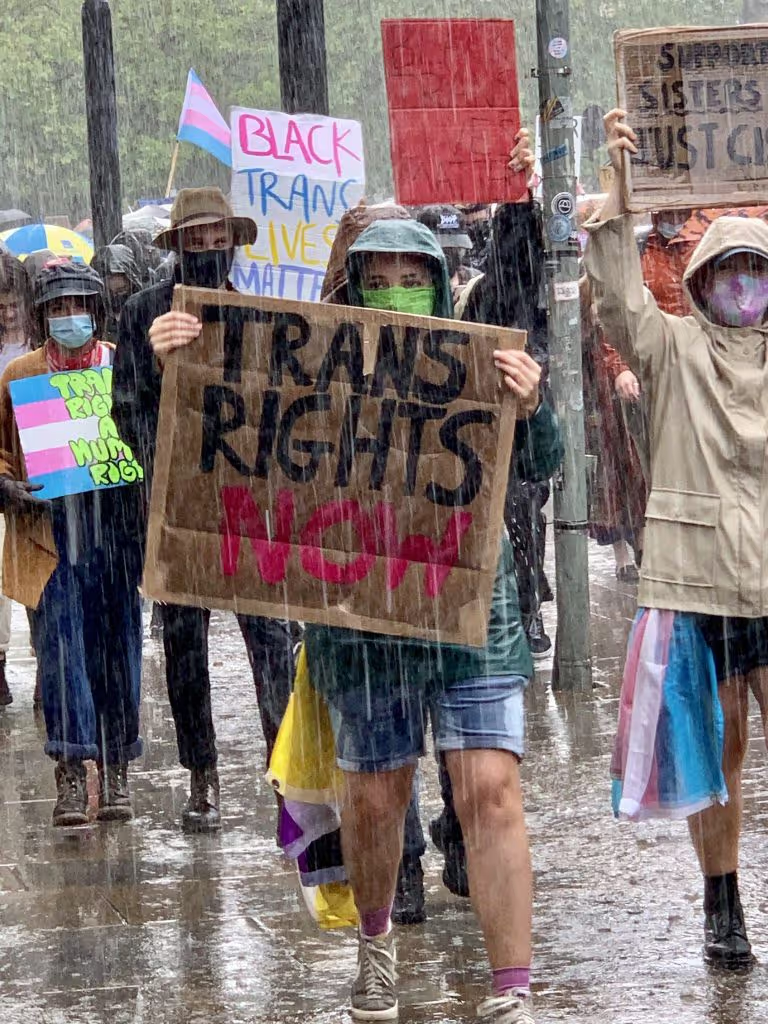
The Black Lives Matter movement has incited protest from linked movements, and following the viral publicity of two black trans women who were murdered in the States – Dominique Fells of Philadelipa, PA and Riah Milton of Liberty Township, Ohio – we saw a huge spike in popularity for the Trans Lives/Black Trans Lives Matter movement. This opened up dialogues in the LGBTQ+ community, and allowed privileged people within those communities to acknowledge their own privilege and sympathise through their own personal injustices.
These are so funny cuz it's almost like these companies are doing this intentionally because they KNOW it's ridiculous and are actively trying to delegitimatize and shift attention away any actual real instances of racism within their own companies by doing stuff like this. https://t.co/hr3TGQKF5e
One Twitter user’s opinion on the way the movement is being delegitimised by companies removing examples of “blackface” in media.
Other victories which have been met with less enthusiasm have included the erasure of depictions of blackface from programmes on streaming platforms and TV syndication. A welcomed if not “too little, too late” decision, some have highly conflicting opinions on whether this is really gaining justice for the movement or if it’s a gimmicky approach.
Sensing resistance
Facebook has become a platform for people to share their viewpoints on many difficult social issues, both positive and negative, with their friends, acquaintances, and extended family. Known for its popularity with a large cross section of people from very different walks of life, Facebook is often home to large generational disagreements about social and cultural matters. This has led to, at least within largely white communities, the growth of the hashtags “AllLivesMatter”, “BlueLivesMatter” and even “WhiteLivesMatter”. Conversely, there are a huge number of people opening up dialogues about race in places where it had never before occurred. As previously mentioned, predominantly white communities across the country joined in with the Black Lives Matter protests, and those who are well versed and educated allies of the movement have been able to take this as an opportunity of growth with those who have difference of opinion or a lack of understanding as to just how important this movement is. Any of you out there with white or otherwise privileged family and friends should know exactly what we’re talking about, and for those who do not often have to acknowledge race issues in their day to day life have had the opportunity to reflect on how uncomfortable these conversations can be. BLM has allowed these conversations to start, and hopefully they will be able to continue for the better. Without social media, these conversations would have been much more difficult to interact with, to access and to accelerate.
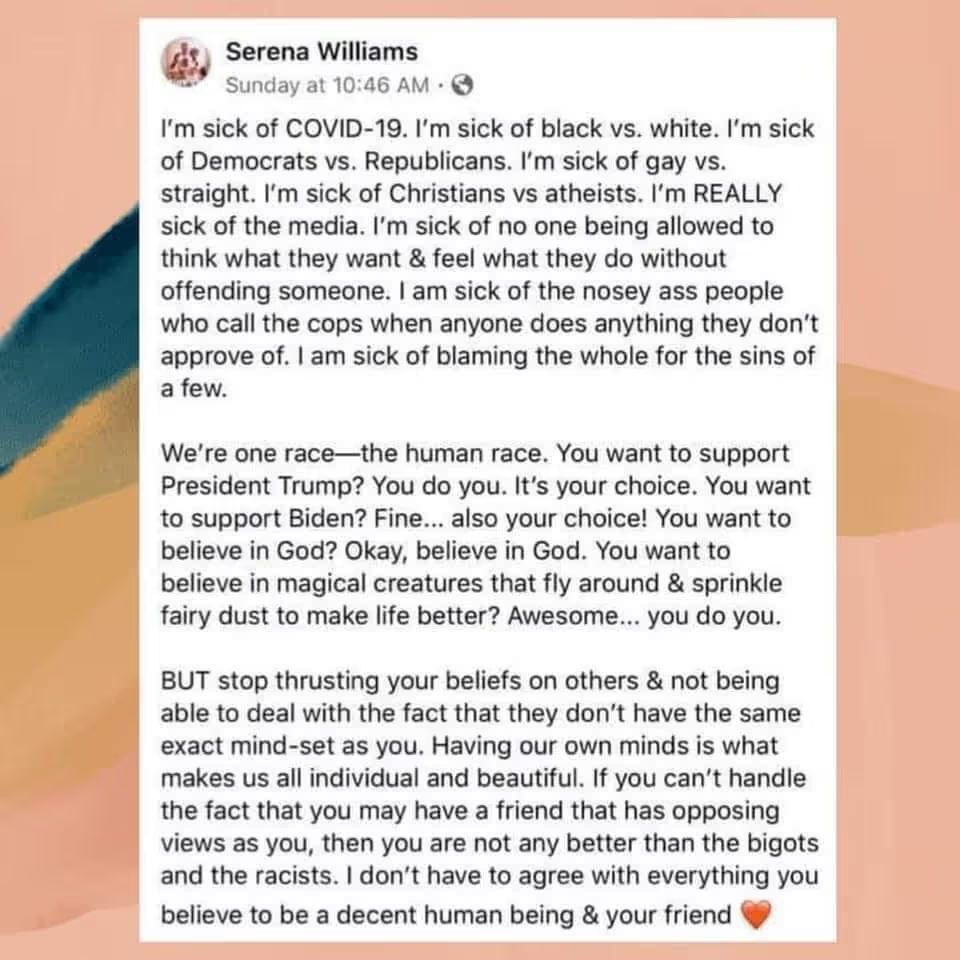
A large and often toxic part of social media, however, is the spread of misinformation, like this viral post against sharing of political and social opinions from a “Serena Williams”, falsely attributed to the twenty-three time Grand Slam singles champion, when in fact it was someone completely different (and, as it later turned out, not even from a person named “Serena Williams” at all). This opens up a whole other discussion regarding false facts on the internet, and how widespread these can become with little to no consequence for the person spreading this “fake news”.
The Memeification of Breonna Taylor
As the spike of the movement dies down once again, people are still trying their best to keep the memory of black victims alive by continuing to post as often as possible. This is in spite of other peoples’ misgivings that it is becoming more of a way for people to seek attention or approval from others. As people continue to remind others that Breonna Taylor’s murderers are still roaming free, the push for justice has turned into what some believe is nothing more than a meme. This has opened a new question about how we control what is and isn’t culturally relevant within the zeitgeist of social media – does something have to become a meme of itself to stay relevant?
Although one perspective of influencers posting about the movement is that it’s a way of coming across as “socially woke”, it’s important to acknowledge that the movement needs endorsements from influential accounts to keep it relevant and to keep people talking about it.
Without these dialogues continuing to stay in the mainstream, we may end up not seeing more of this important issue until there is another victim or another injustice. Is there really an expiration date on our interest in something and does it only spike when someone is killed or a grave injustice occurs? The answer is simple: we should not be waiting for another person to die. We should continue to amplify voices and demand that justice is served for every victim.
It truly came as a shock to this writer that protests continued to go on in New York (and could still be going on right now) with little to no media coverage, simply because the movement has died down online. Minnesota and Washington have held protests every day since the killing of George Flloyd, and only this week we’ve been able to see it trending via TikTok.
So what can we do next? As the Black Lives Matter movement inevitably starts to die down across platforms, we as a social media obsessed world should learn from our past patterns, break the cycle and do what we know is right. Keep signing and sharing petitions, keep protesting on and offline, keep sharing the #BLACKLIVESMATTER hashtag, keep amplifying the unheard voices, keep fighting against wrongdoings and the uneducated voices, and keep supporting everyone fighting the good fight.
DMT is a digital marketing team based in the heart of Manchester. If you’re interested in seeing how we can help your business succeed online, get in touch, or follow us on Facebook, Instagram, Twitter and LinkedIn.
Get In Touch
Swipe to Read
.avif)


.avif)
.avif)
.png)
.png)


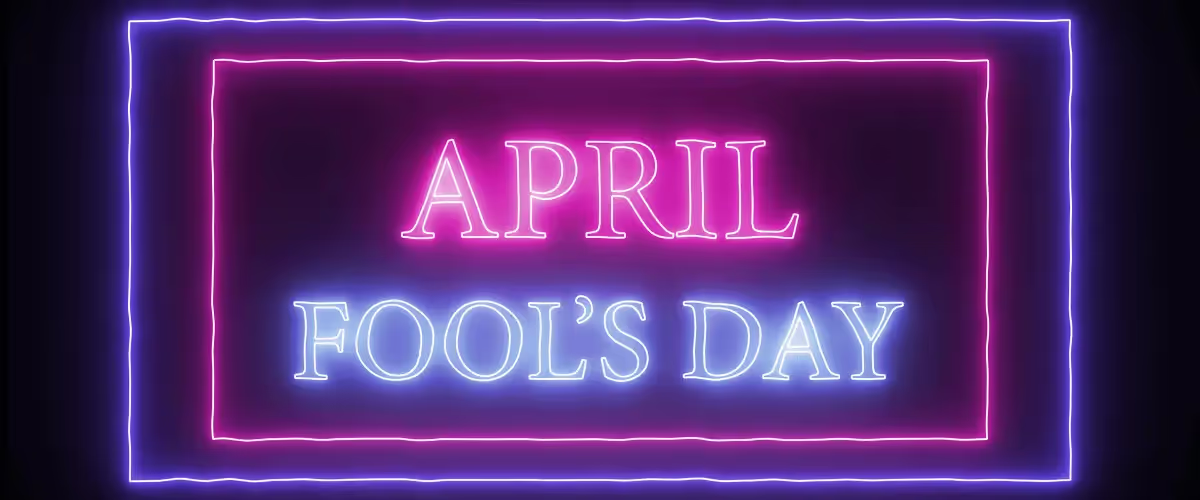
![How to Grow Your Shopify Store to 7-Figures [Free eBook]](https://cdn.prod.website-files.com/673f59d9f8a47e65193f0af1/68c29d8247def90b9e5d1026_689c93b861bef6d7ef9f1953_683f7735d6608f71068d13cc_66f690e4640349d3d3c7a075_shopify-ebook-grow-scale-1-scaled.avif)

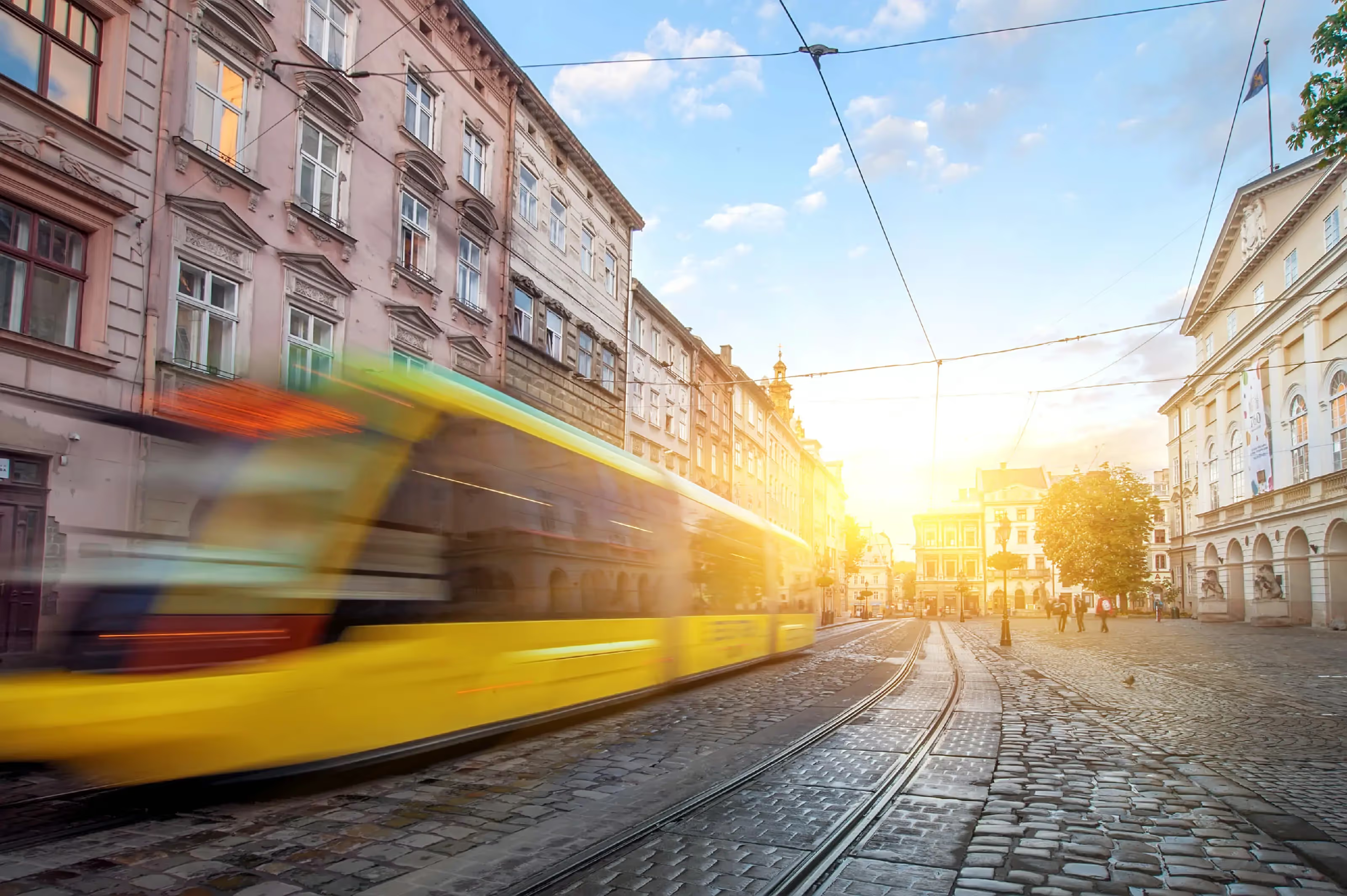


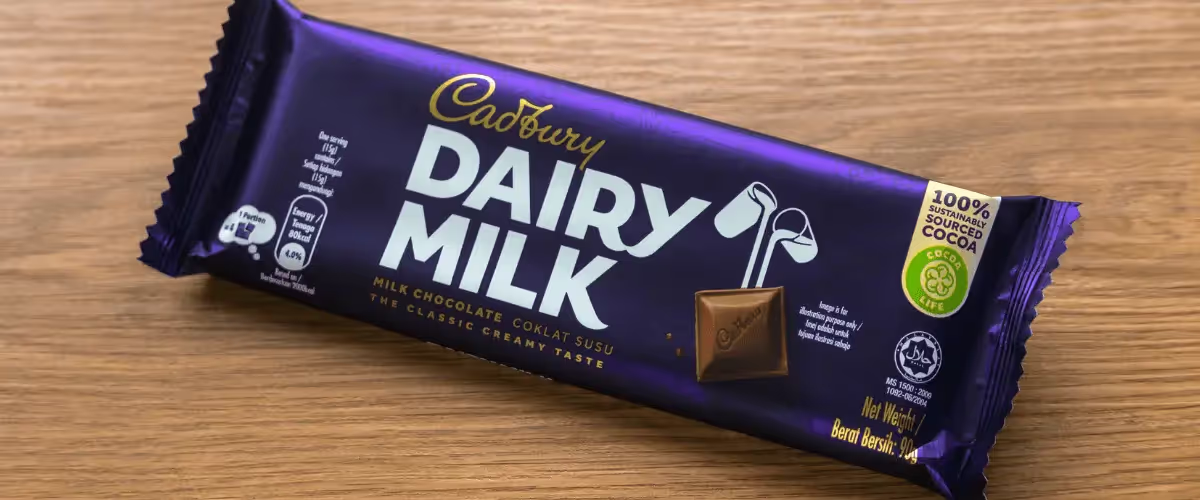
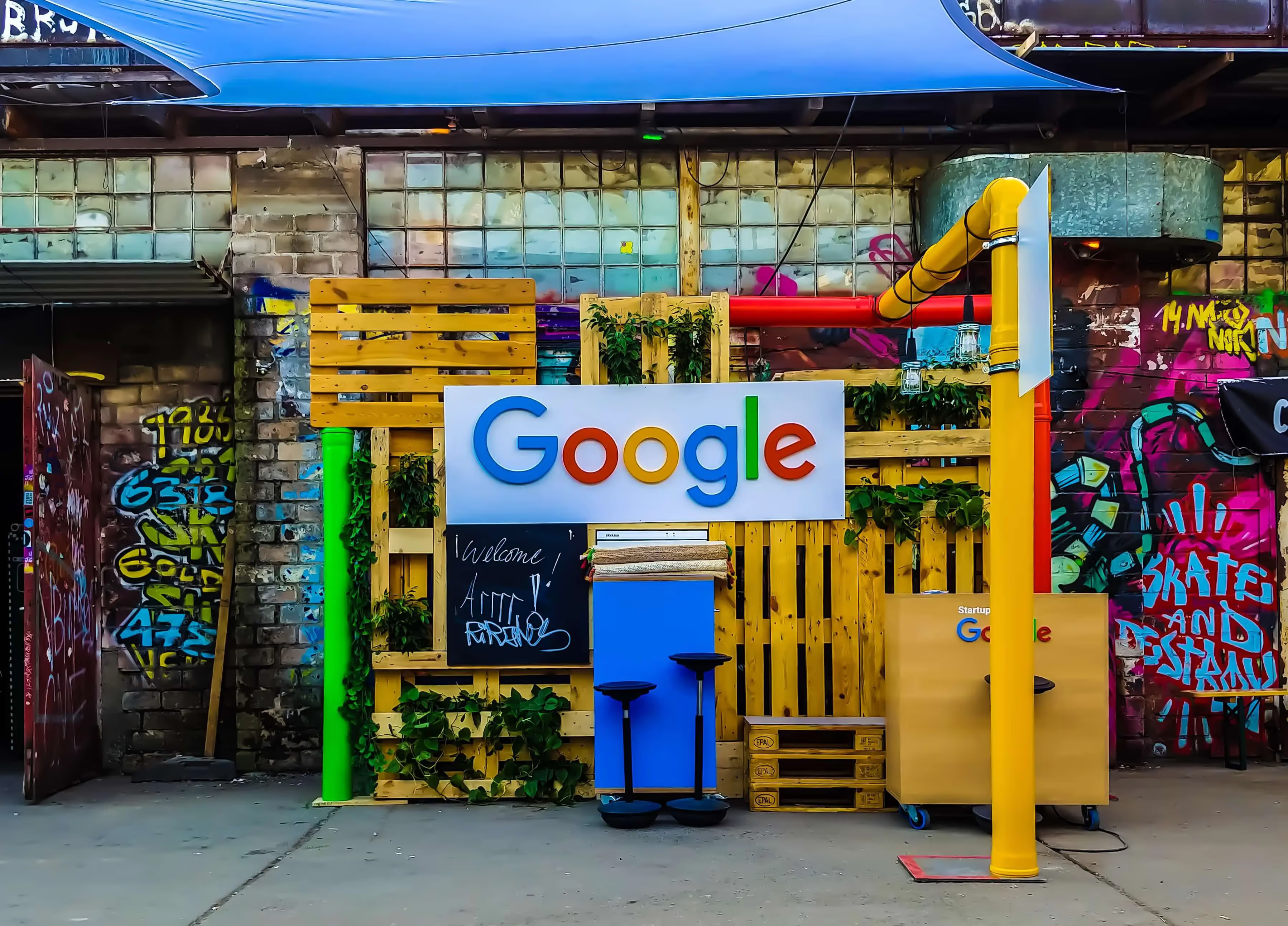

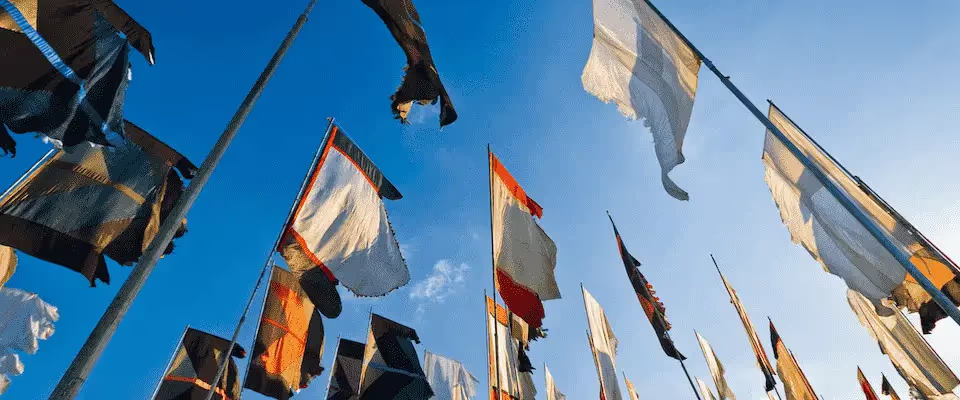




.svg)